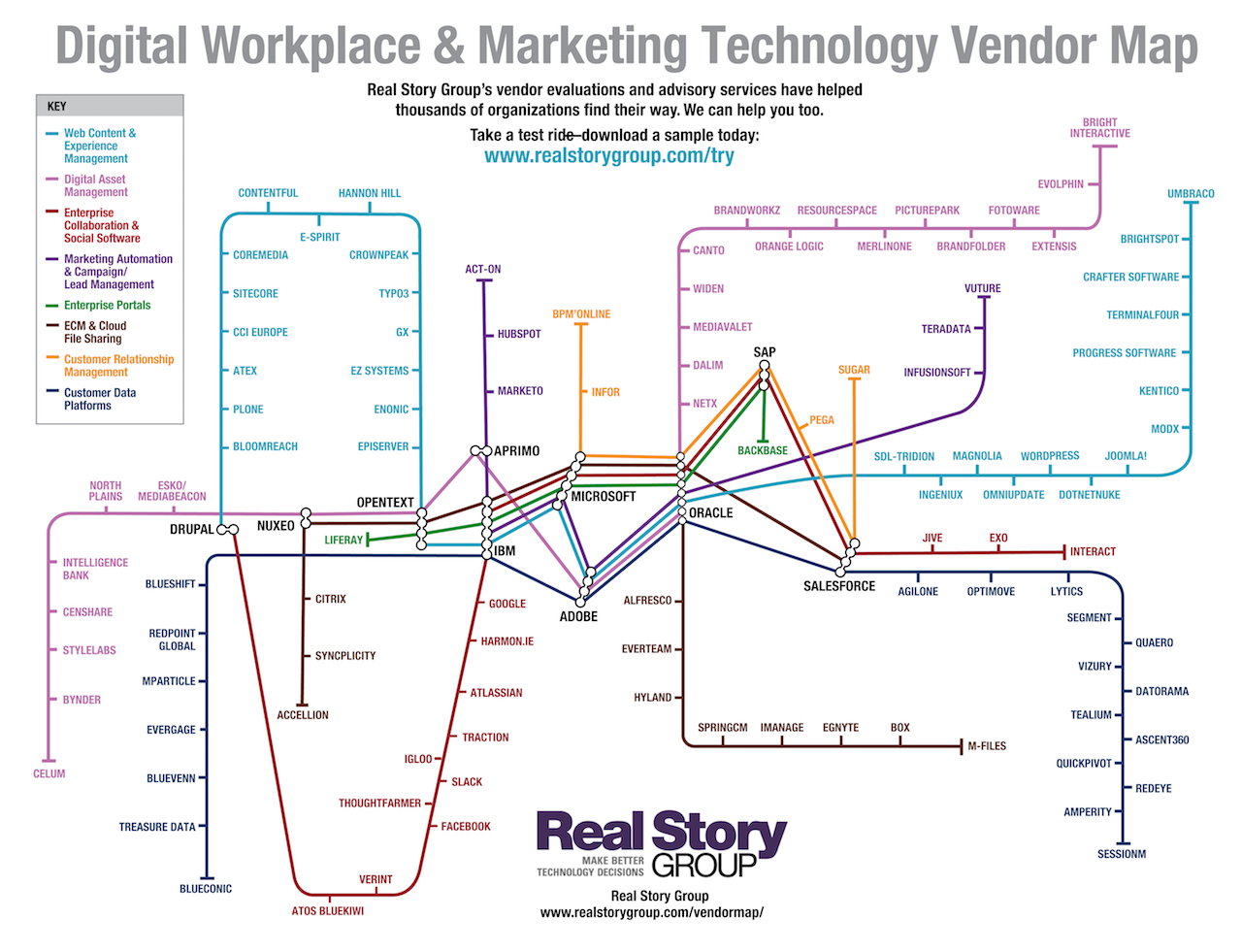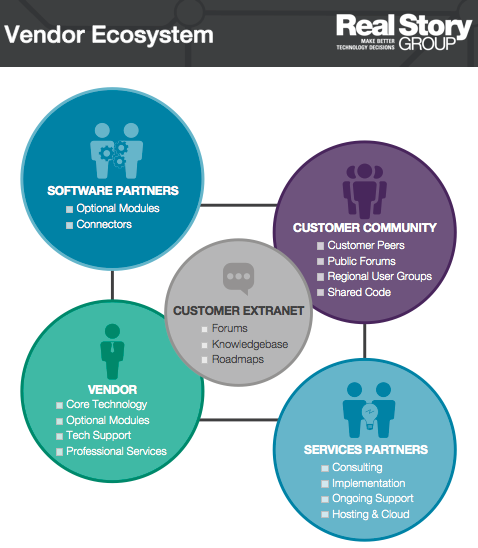What should you make of vendor market share leadership claims?
As one of the few WYSIWYG industry analysts, we often rain on vendor parades when we tell it like it really is. Even when faced with glaring gaps or deficiencies in their product, some vendors protest – “But, we’re the #1 market share leaders!” – as if that alone is proof enough that there is no dark side to the moon.
We are not unduly swayed by such claims but evaluate the product on its own merits.
As a technology buyer you too will get bombarded by such vendor market leadership claims (and sadly some senior management may be seduced by such siren songs). Let’s look at what to make of such claims and what role, if at all, they should play in your purchasing decisions.
The devil's details and friends: Many a time, there is an accompanying fine print. You can creatively define a category that eliminates everyone else and preside over a parallel universe in which only you reside (IBM has been doing this with Portals for nearly a decade). It's also not too difficult to find a seemingly credible third-party analyst firm who’ll bless such schemes and lend a cloak of respectability to such claims.
Statistics and Shenanigans: Further, companies can also play the numbers game in many ways. In an example from the non-technology world, even the vaunted WSJ was not above secretly buying its own newspapers in a bid to inflate circulation figures. In the software world also, market share numbers can include both paying customers as well as those who’ve received the software as a freebie.
Vendor market share does not equal results delivered for you. Market share leadership does not automatically equate to leadership in satisfaction and results. Many Autonomy customers learned this lesson to their great chagrin. Heck, in some instances it does not even mean customers are using the software (particularly when it was thrown in as a sweetener by the vendor – see above). It’s not uncommon to find enterprise social software languishing without any adoption and usage, despite a large number of licensed seats.
But even if you assume that market share leadership claims are genuine, what’s the real informational value?
What's in it for me? It only signals that a particular solution has worked well for others. Or to be more precise, at least many other enterprises were convinced that it’d work well for them to make a purchase. But as we emphasize in our scenario-based evaluations, you should select the software that offers the best fit for your use cases in your context. If not, you’ll have your own version of the Abilene paradox.
Numero Complacento Uno? Also, it’s possible that the #2 tries harder. We usually find that greater innovation comes from smaller vendors rather than erstwhile market share leaders, who’re content with the status quo and often don’t want to rock the boat.
To be fair, market share leadership is often earned by vendors working diligently to meet their customer requirements, and can signal that there is at least something good about the product or vendor. But as the custodian of your company’s technology assets, you should not be unduly swayed by a vendor's sales acumen, and instead conduct your own due diligence.







